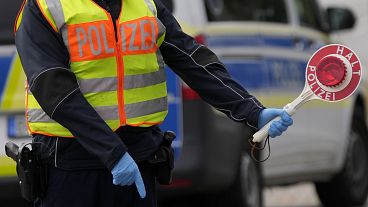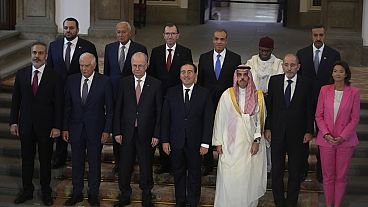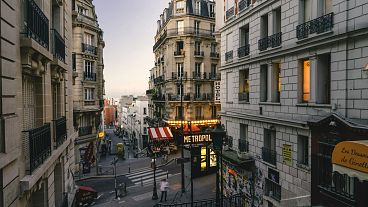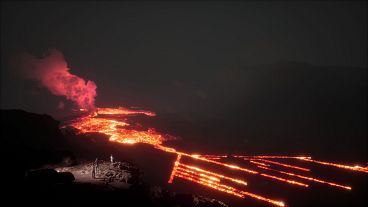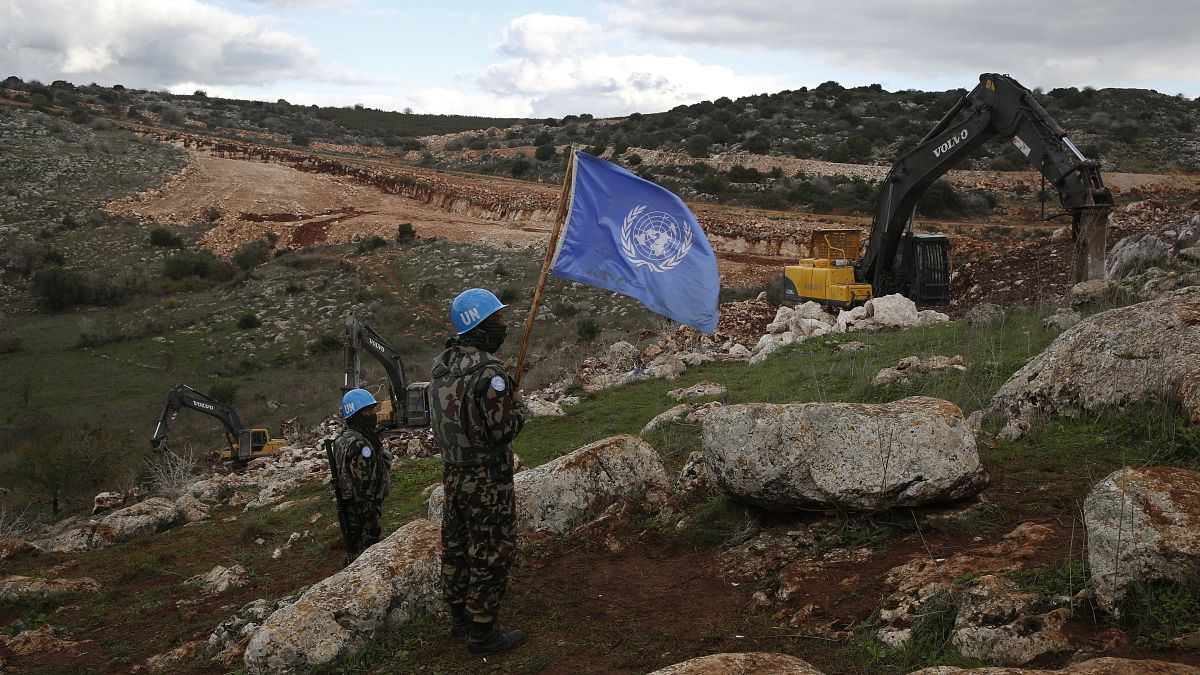The UN secretary-general made his call as cross-border attacks along the unofficial line of separation intensified.
United Nations Secretary-General António Guterres expressed his concern as cross-border attacks along the Blue Line between Israel and Lebanon intensify.
The Blue Line is an unofficial line that separates Israel and Lebanon. The line, implemented by the UN in 2000, does not serve as a border but is instead a "line of withdrawal".
Guterres called for an immediate de-escalation as the actions "put both the Lebanese and Israeli populations at risk, as well as threatening regional security and stability," according to UN spokesperson Stéphane Dujarric.
Meanwhile, over 600 United Nations Interim Force in Lebanon (UNIFIL) peacekeepers continued to carry out their mission, as set out in the mandate by the Security Council, at the Spanish base Miguel de Cervantes in Marjayoun in southern Lebanon.
The peacekeepers, also known as "Blue Helmets", include male and female civilians, military personnel and police on a UN peacekeeping mission. In this case, the Spanish Blue Helmets are in charge of bringing water daily to the advanced positions of the Blue Line.
"As UNIFIL continues to carry out its mandated activities in these challenging circumstances, the Special Coordinator for Lebanon, Jeanine Hennis-Plasschaert and the head of the peacekeeping mission in Lebanon, Lt Gen Aroldo Lázaro, continue their contacts with the parties in order to de-escalate the situation." Dujarric said.
Corporal Daniel Ramírez explained how he and his colleagues live with the regular clashes between Hezbollah and Israel.
"In the end, you get used to it. We come for a mission, and this is what we're doing and that's it," Ramírez said.
Following an incident earlier this month that resulted in the injury of three peacekeepers, UNIFIL reminds all parties of their responsibility to avoid harm to the Blue Helmets.
The UN continued to scale up its relief efforts, but Dujarric admitted that funding constraints undermined humanitarian responses and called for additional resources.
"Meanwhile, our humanitarian colleagues tell us that the recent uptick in hostilities has not had a significant humanitarian impact. However, the ongoing conflict continues to severely impact civilians on both sides of the Blue Line," Dujarric said.
He called on all parties to follow and abide by their obligations under international humanitarian law, emphasising the need to protect civilians, including children, and civilian infrastructure at all times.

